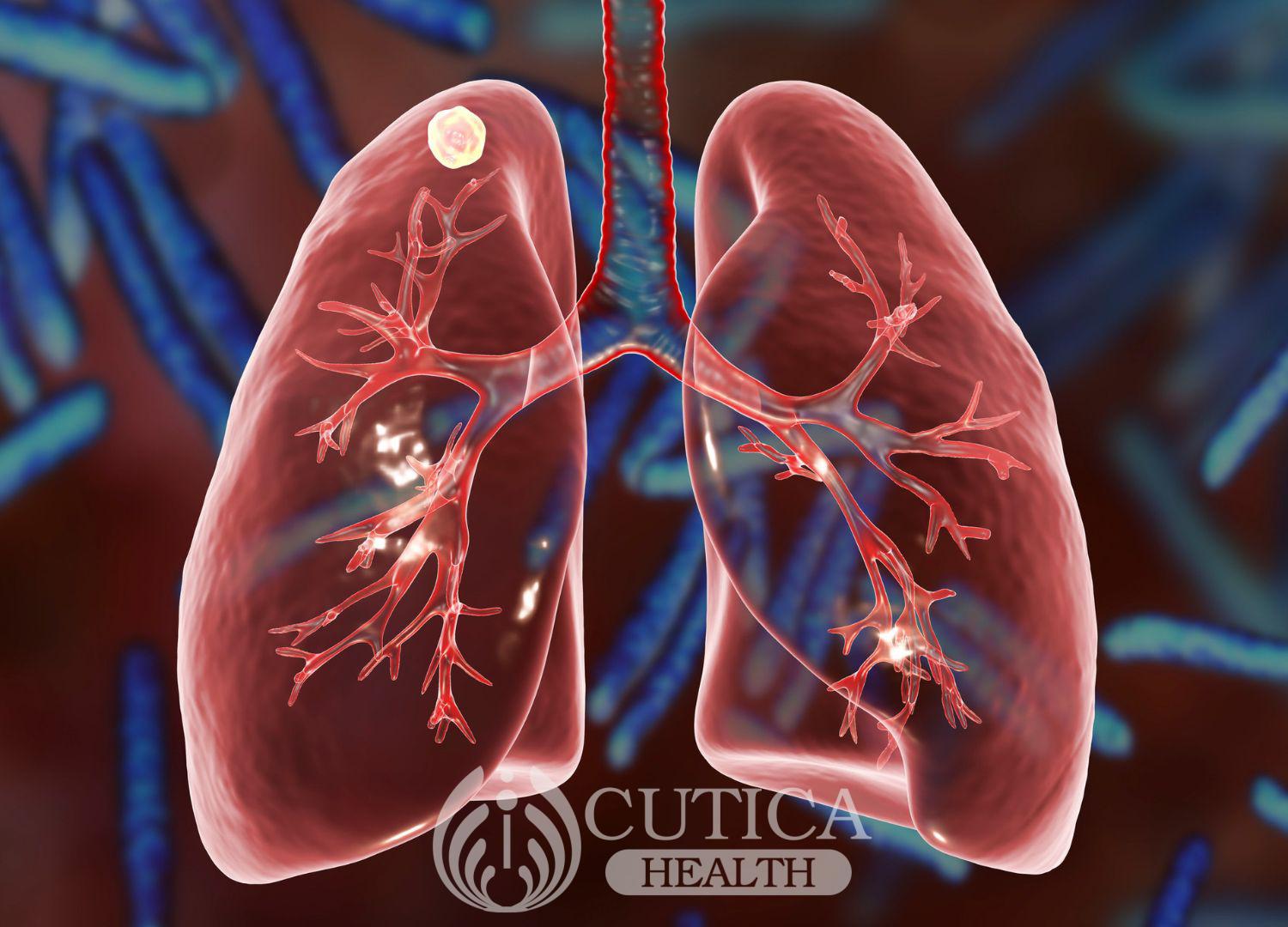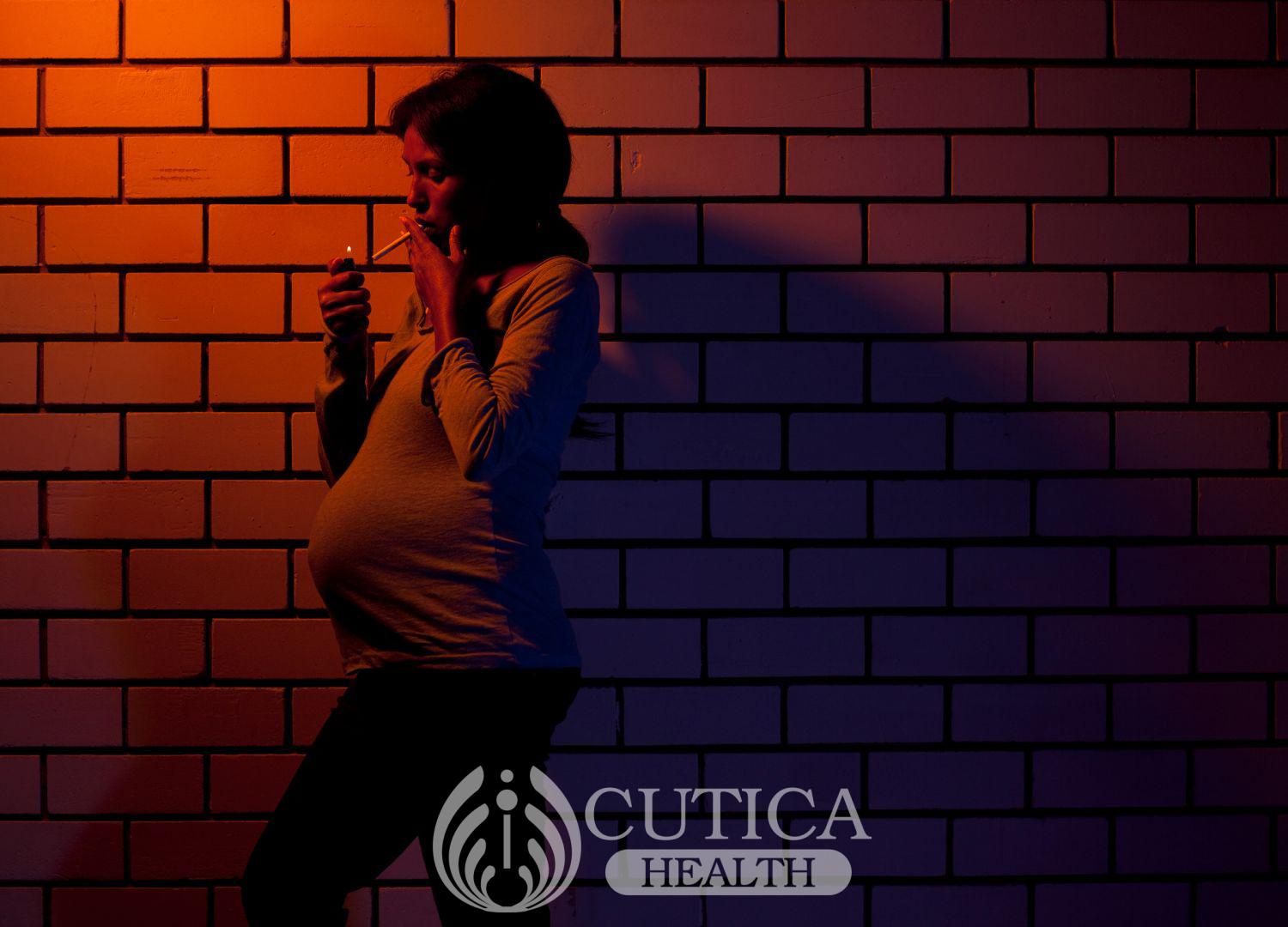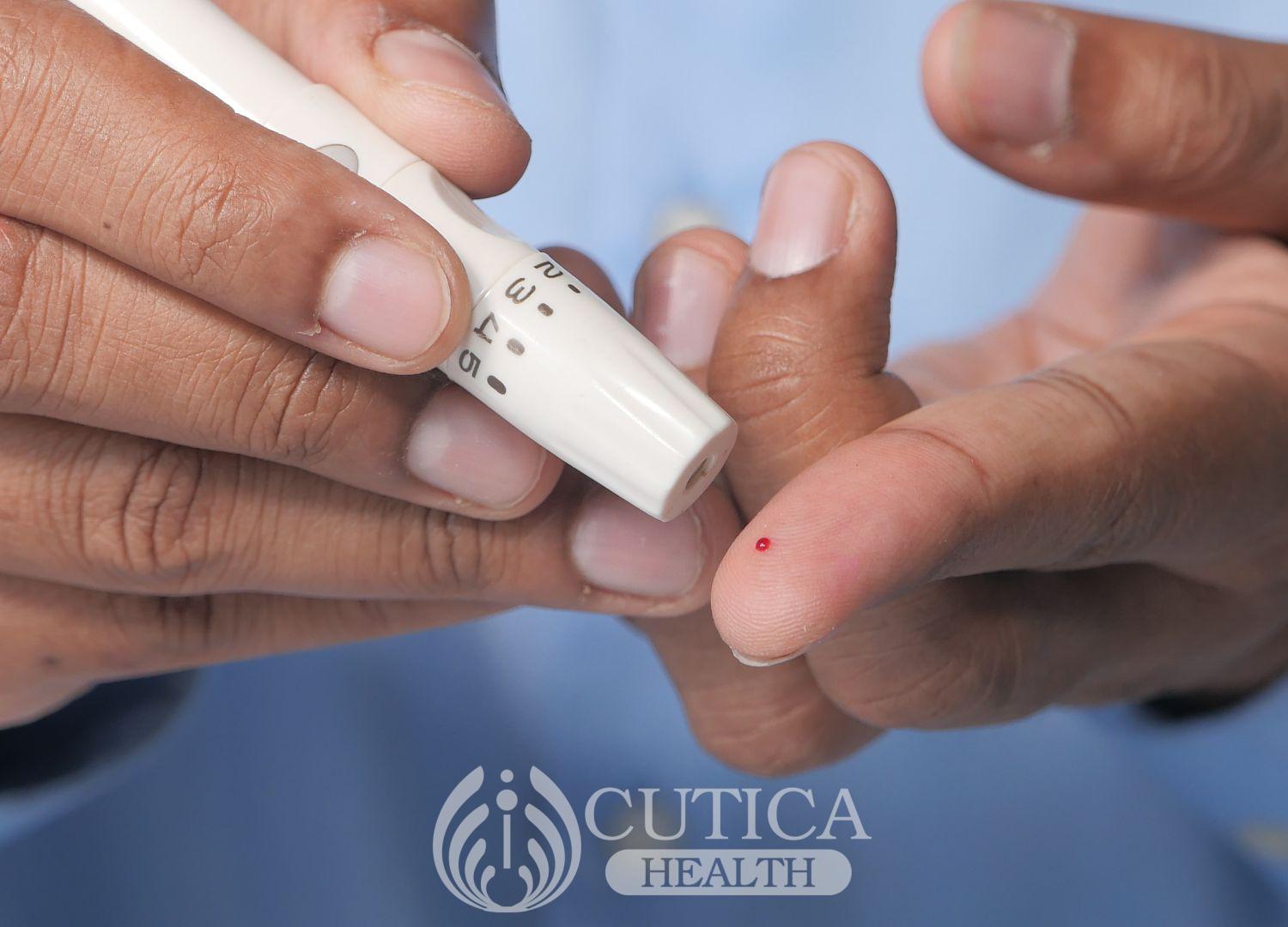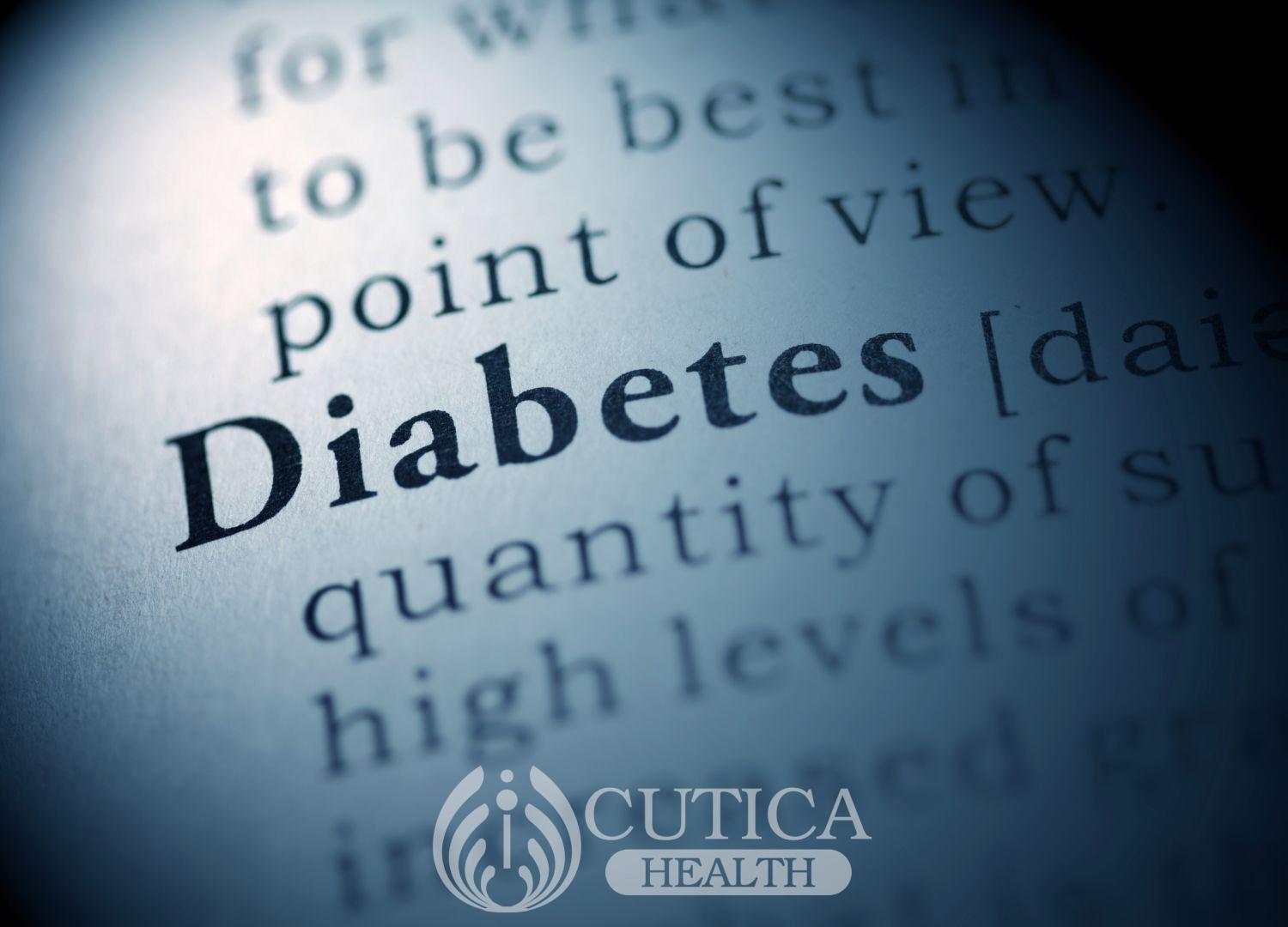
HIV is an incurable disease and, once acquired, could be lifelong. That does not mean that you will not lead a normal life after being diagnosed with HIV. It simply means you know early enough to commence treatment as soon as possible because this delayed diagnosis and treatment could lead to serious complications and even death.
The other side of the coin is that the early stages of HIV are completely symptomless meaning that you can pass on the virus to loved ones without knowing it—thereby placing your loved ones at risk. Knowing your status early enough reduces this risk to the barest minimum.
How do I know if I have HIV?
The only sure way to know if you have HIV is to take an HIV test from an accredited center. The good thing is that with new test kits available for home use, it is now possible to know your status within the confines and privacy of your home. It is important to clarify with your health provider before trusting any home-based kit though, because the emotional torture of a false positive or false negative result is too enormous to describe. Avoid the shortcuts, they come with grave consequences— either visit an accredited center or use a recommended kit in the confines of your home.

How about symptoms?
Yes, several symptoms could be associated with HIV, however depending on the symptoms has serious limitations, the main one being that you could be completely symptomless for up to ten years after contracting HIV. So, if you go by symptoms, you might not get tested until 10 years after you contract the virus.

The other side of the coin is that the symptoms are often not specific to HIV meaning that several other conditions, especially malaria, can present with many of the symptoms associated with HIV. It’s also important to bear in mind that the symptoms you may experience also depend on the stage of the disease.
Bearing that in mind, HIV symptoms include fever, sore throat, sore genitals, muscle aches, sore anus, fatigue, swollen lymph nodes, a rash, a headache. These are the possible initial symptoms, however, as the disease advances, other serious symptoms set it.
The symptoms that set in thereafter result from the weakened immune system caused by the virus as well as direct effects of the virus; these include weight loss, recurrent skin infections, fungal infections affecting different parts of the body including the lungs, and opportunistic diseases (Diseases that occur when one’s immune system is too weak to resist them) such as tuberculosis.
So in children, one of the first pointers to HIV is chronic cough and weight loss, core features of tuberculosis. Other common symptoms of late-stage HIV are gum diseases, kidney problems, and sometimes altered mental status and coma.

Conclusion
While there are several symptoms of HIV, the only sure way to know if you have HIV is to take the HIV test in an accredited center or a recommended home test kit for HIV. Ensure you lower your risk of HIV by practicing safe sex and not sharing needles or other sharp objects.












